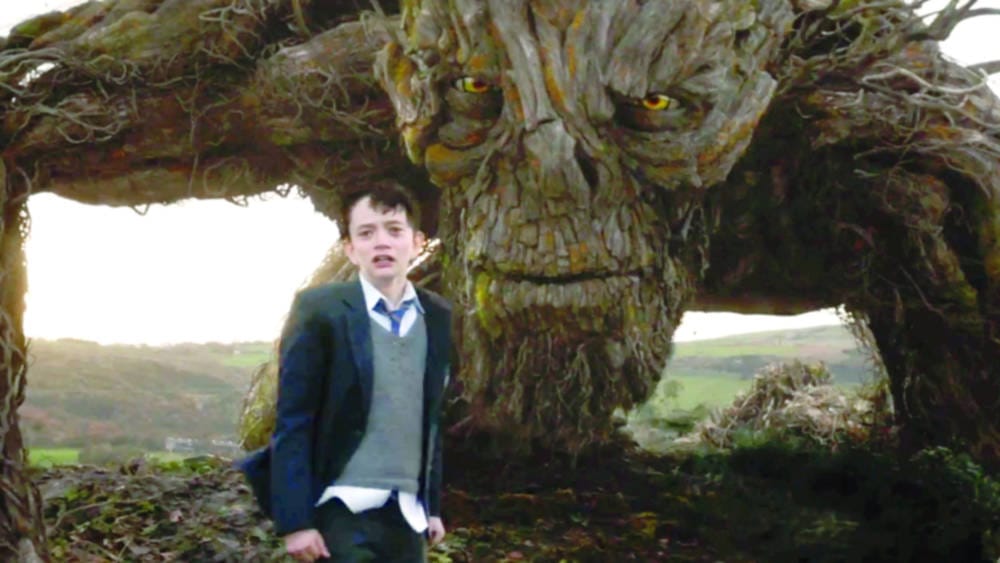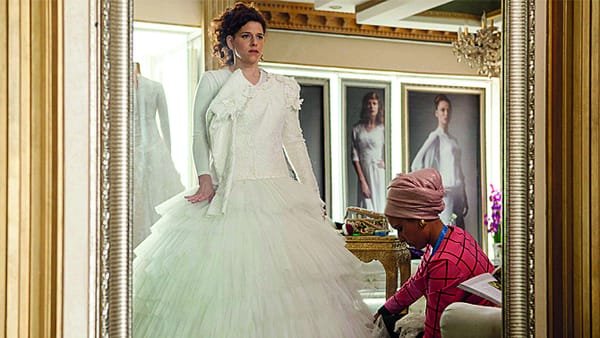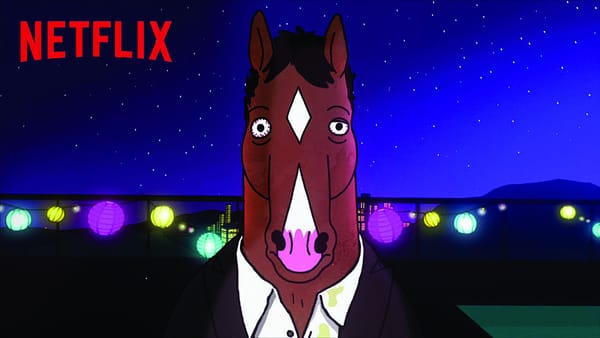A Monster Calls
A Monster Calls breaks promise leaving audiences disappointed.

Storytellers are a threat,” wrote Chinua Achebe, “they threaten all champions of control, usurpers of the right-to-freedom of the human spirit”. It is this power, that of a simple story well-told, that director J. A. Bayona is trying to tap with his latest feature A Monster Calls, an adaptation of Patrick Ness’ fantasy novel. But the simplest of stories are the ones the most difficult to tell, and unfortunately – despite a strong cast and proficient visuals – A Monster Calls fails to deliver.
The film centres around Conor O’Malley (Lewis MacDougall), a bullied schoolboy whose mother (Felicity Jones) is dying of terminal cancer. During her deterioration, Conor needs to deal with both his estranged father (Toby Kebbell), and his domineering grandmother (Sigourney Weaver). Luckily, he has the help of a giant tree-monster, voiced with gravelly gravitas by Liam Neeson, who tells Conor stories that are more twisted and knotty than those in a traditional story-book. The Monster creates a visually stunning world – aided by the art team behind Pan’s Labyrinth – where princes are not always good, and wicked grandmothers can be acting with pure intentions. However, unlike Pan’s Labyrinth, which was unafraid of handling mature topics with grace, A Monster Calls by and large avoids tackling the more difficult themes that are so sorely needed in coming-of-age films. A parent with cancer might seem like a grown-up enough proposition, but there is never any sense of menace or danger in the film, making it seem emotionally blunted. A Monster Calls plays the same sentimental note throughout, at times teetering over into mawkishness.
A Monster Calls is also marked by a number of incongruities in its reference points and unevenness in tone. With its perennial gloomy weather and suburban drear, Bayona is trying to hit thematic targets that range from British coming-of-age flicks to kitchen-sink drama, but it adds up to an uncanny environment. Compared to the intricate pop-culture layers contained in, say, the Duffer Brothers’ Stranger Things, A Monster Calls is constantly missing the mark in its portrayal of suburban English youth in revolt.
There are stand-out parts of the film: Sigourney Weaver is brilliant as the brittle, distant grandmother, trying desperately to contain the pain of a parent watching their child die before their eyes; and Lewis MacDougall is certainly one to watch out for – his Conor is able to ricochet effortlessly and naturally from happiness to despair to rage. The watercolour sequences – which appear too infrequently – mine a rich heritage of British cultural iconography, and are gorgeous indications of what the film could have been. Ultimately, while A Monster Calls may contain an emotional punch, it misses its mark too often, leaving us with only a sense of missed opportunity.









